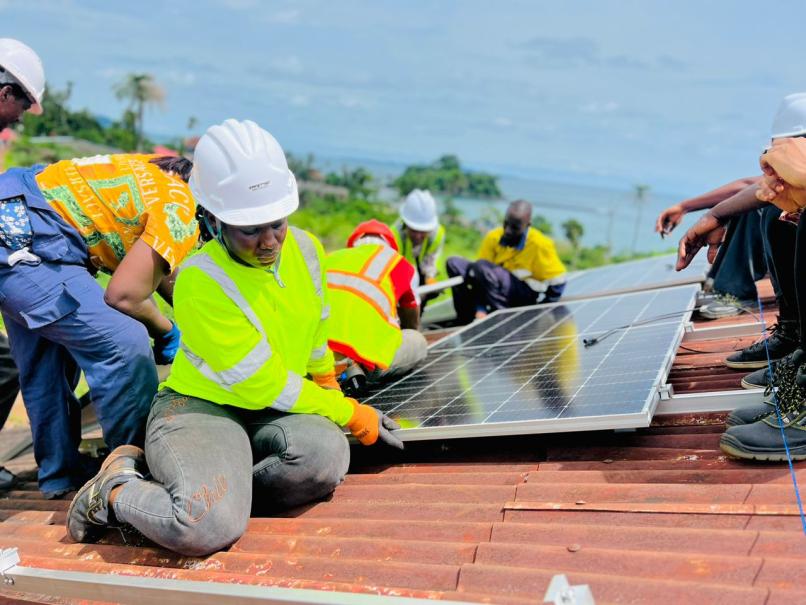Improving energy data to enhance gender equality
This report highlights a critical opportunity in leveraging sex-disaggregated data to drive effective decision-making in the energy sector.
A data-driven approach is essential for closing gender gaps in the energy industry. By collecting and analyzing sex-disaggregated data and defining gender indicators, energy data can support an inclusive and equitable transition aligned with the Sustainable Development Goals (SDGs).
Gender and energy data gap
Sex-disaggregated data, which is collected and analyzed separately for women and men, is a critical tool for guiding informed decision-making towards a gender-responsive energy transition. Sex-disaggregated data allow for a more accurate understanding of gender differences and inequalities, helps track progress on SDGs, and informs programme design and policy interventions to address the gender gaps in the energy sector.
However, there is currently limited sex-disaggregated data available on energy use and energy poverty. SDG7, which focuses on affordable and clean energy, is one of only six SDGs that lack gender-specific indicators. This data gap, among others, hinders women’s ability to contribute to and benefit from the energy transition.
Without accurate information on women’s participation and their roles and experiences in the energy sector, policymakers may struggle to identify and prioritize key issues affecting women. This negatively impacts the design of targeted interventions and inclusive policies, impeding progress towards gender equality and sustainable energy development. As a result, energy planning and policymaking often remain gender-blind, and in some cases, national energy policies, regulations and subsidies have exacerbated gender inequalities.
A collaborative effort
To address this challenge, the report emphasizes the need for a collaborative, stakeholder-driven effort involving national policymakers, national statistics offices, international organizations, and non-governmental organizations to enhance data quality and standardize methodologies for collecting and analyzing sex- and age-disaggregated data in the energy sector.
This report outlines several key recommendations, calling for the development of clearly defined gender indicators to effectively track gender impact and progress towards equality. The report stresses the importance of integrating gender-responsive indicators and metrics into energy policy and planning processes, ensuring that women’s needs and experiences are considered in decision-making.
This report comes at a crucial time, as the global energy sector undergoes a rapid transformation towards net zero. Addressing gender gaps in the energy sector is essential to achieving the interrelated SDGs and ensuring the benefits of sustainable energy are accessible to all.

